

Feeling Sick


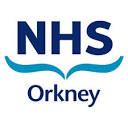

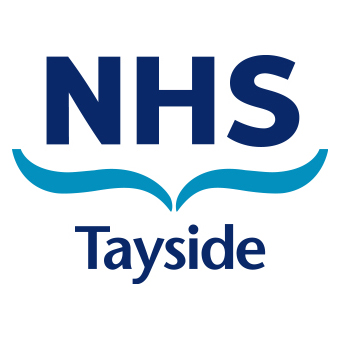

Feeling sick (nausea)
Feeling sick or being sick is common in cancer.
Feeling sick can be a symptom of cancer itself or a side effect of cancer treatment or medications you may be taking. Worry, constipation or acid reflux can also contribute to a feeling of sickness.
If you feel unwell you may find that you are not able to eat regularly or are taking smaller portions at mealtimes. Eating and drinking less than you usually would can make it more difficult to maintain your weight and energy levels. If you have a small appetite or are losing weight and feeling sick it can be helpful to get the nourishment that you need by;
- Fortifying your foods
- Choosing drinks high in calories
- Choosing foods that are high in energy and protein
You may also find some relief from feeling sick using the tips below.

Try plain or dry foods
- Scone or pancake
- Plain biscuits or sponge cake
- Dry cereal
- Slice of malt loaf
- Slice of toast or bread
- Crisps or breadsticks
- Crackers or crispbreads
- Pasta

Try ginger flavoured food or drinks
- Ginger biscuits or sponge
- Ginger tea or ale/beer
- Fresh or ground ginger in cooking

Fresh air before mealtimes
You could try a short walk, opening a window or standing at an open door to help stimulate your appetite

Eat slowly, chew your food well
This will give your body time to digest your food and reduce the feeling of fullness which can worsen your symptoms
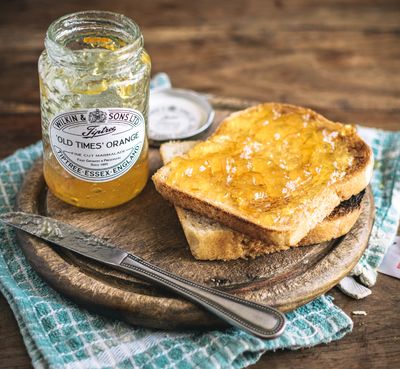
Choose small portions and eat frequently throughout the day
Try to have something every 2- 3 hours to keep your energy levels up. This could be a small portion of a main meal, a snack or a drink that is high in calories
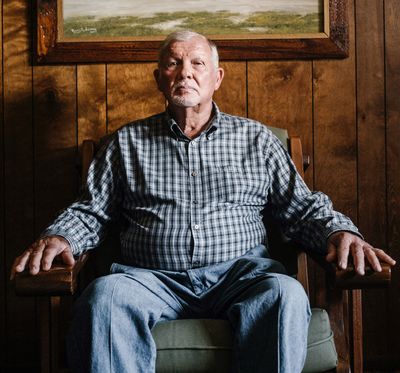
Remain in an upright position after taking food or drinks
Sitting upright or propping yourself up with a pillow can help food and drinks pass through your stomach

Avoid being around cooking smells
Ask someone for support at meal times so you don't have to be around food being prepared. If this is not an option, choose cool foods that require minimal preparation i.e. sandwich with cheese and tomato, crackers and nut butter or use a freezer meal from another day. You may also find cool foods more appetizing but please note that if you are receiving oxaliplatin chemotherapy you may need to avoid cold foods and drinks.
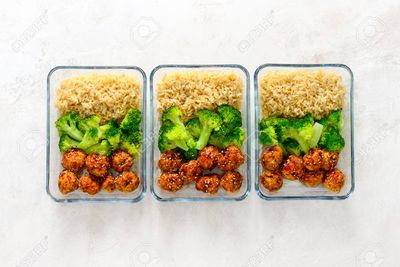
Cook in batch
Cook larger portions of your favourite meal and freeze individual portions. On days where you find it difficult to prepare a meal you could defrost something already made from the freezer. You could also consider using a slow cooker or a pressure cooker to save energy.
Use ready meals, tinned or packet foods
On days where you find it difficult to prepare a meal you could rely on microwave meals or packet foods for vital calories
Avoid meals high in saturated fats
High fat, fried and greasy foods can take your body longer to digest and may worsen symptoms
Limit alcohol and caffeine consumption
These are known as irritants to the body and may worsen your symptoms

Avoid smoking
Visit Quit Your Way Scotland for more information and support on cutting down or stopping smoking
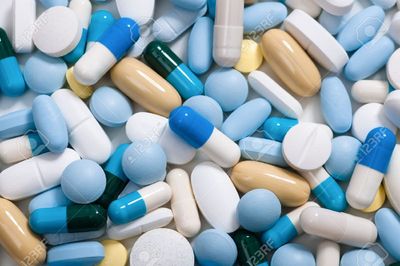
Medication
Continue to take any anti-sickness medication as prescribed. It can often be helpful to take these 30 minutes before food to allow them time to work.
Contact your doctor, nurse or pharmacist if:
- You are not currently prescribed anti-sickness medication but think these could be helpful
- The anti-sickness medicines do not stop you feeling or being sick
- If you have any problems taking the anti-sickness medication
- You are being sick and you are not able to drink enough fluids
